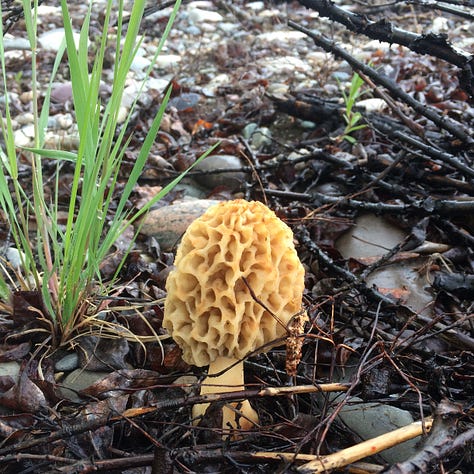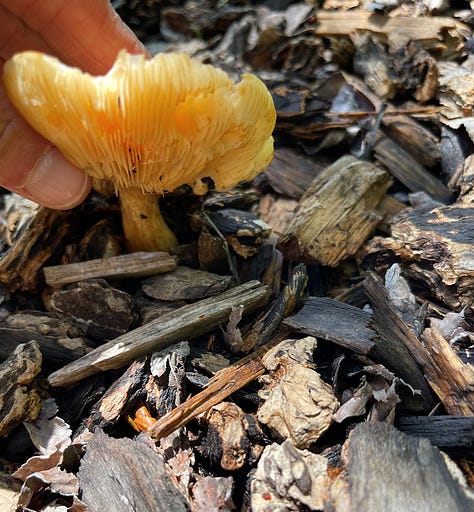Mushrooms are Becoming a Brain Health Superstar Food
Why it’s so important to eat mushrooms, plus, what’s the deal with lion’s mane
Hello, everyone. I’m writing to you from Cabo San Lucas, Mexico where I am getting ready to join the Women’s Alzheimer’s Movement’s wellness weekend. Last week at Rancho la Puerta, one of my cooking students asked some good questions about mushrooms. Is eating mushrooms good for brain health? Is there something special about lion’s mane mushrooms? And, if so, do mushroom powder supplements offer the same benefits?
Yes, mushrooms are good for the brain! In fact, the lowly mushroom is quickly becoming understood as a brain health superstar food. In my book, I call them out as “honorary vegetables” and recommend eating mushrooms at least twice a week.
Read on to learn more about why you should eat mushrooms, including which mushrooms are the brain healthiest, and if lion’s manes are worth seeking out. Plus, I’ll give you 5 ways to fold these fungi into your cooking. But first, let’s go into what makes mushrooms a neuroprotective food.
The takeaway
The science is evolving to show that mushrooms are neuroprotective foods. So far, population studies support including them in your diet at least twice a week. While it’s too early to tell if eating mushrooms will help you maintain a more voluminous hippocampus with age, they can provide key brain health nutrients that are deficient in other foods.
Mushrooms provide unique antioxidants







